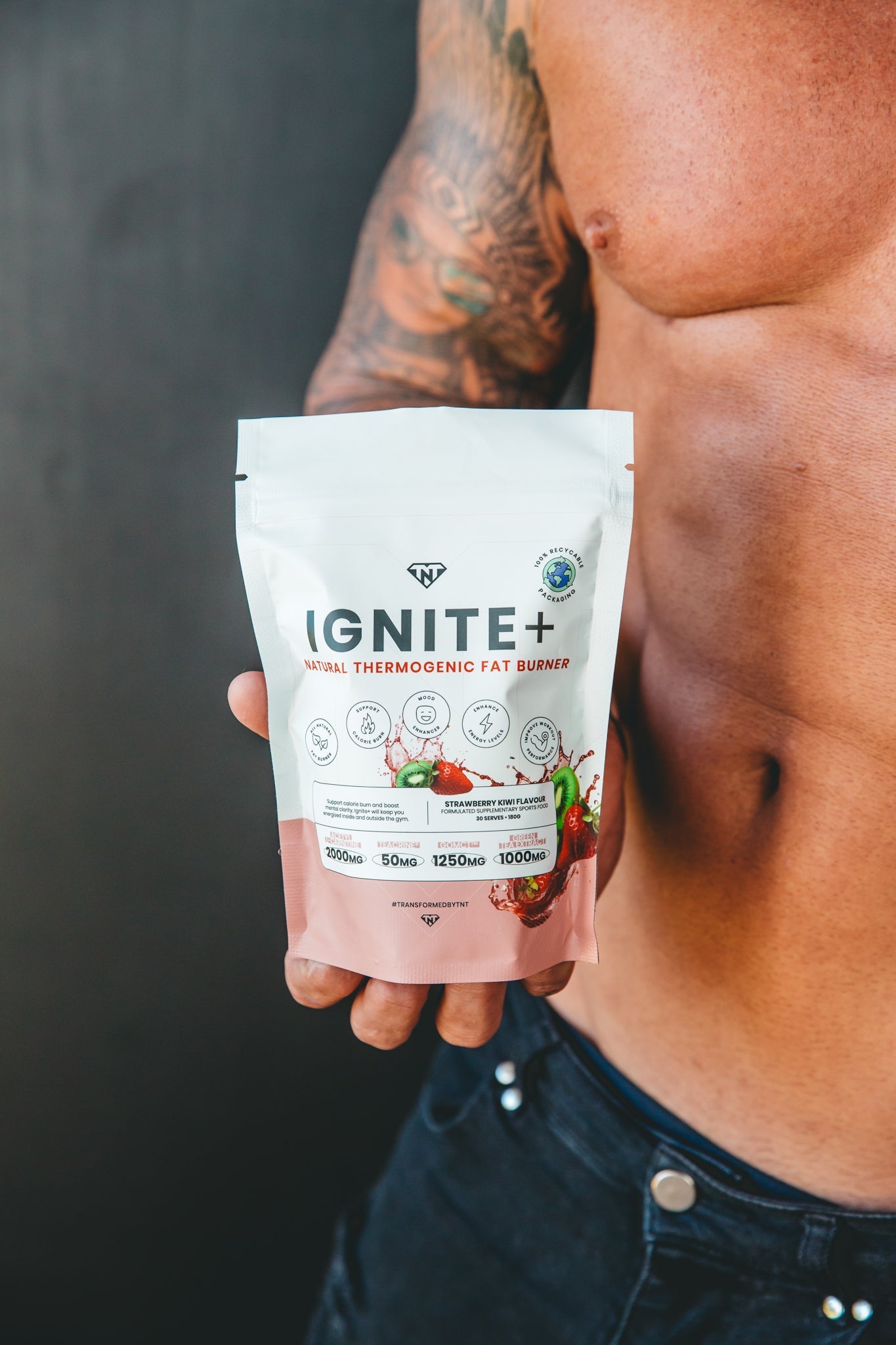Congratulations! In just 8 weeks, we hope you’ve become more organised in your health and fitness approach and created maintainable habits for long-term success.
While the Challenge has come to an end, that doesn’t have to mean the end of your health and fitness journey too! Our Transformation Program will help you to continue to shape and sculpt your body according to your specific goals and lifestyle. We’ll bring you NEW structured Training and Nutrition programs you can access anywhere, anytime while keeping you accountable through weekly check-ins.
Where to now?
Over 8 weeks, you've put in the hard work and made so many positive lifestyle changes. So, what now? Do you take a break with your training? Can you continue with the same Meal Plan? Are your goals the same?
Whether you're planning to continue your health and fitness journey with us, or you're looking to try something new, here are a few key things to consider:
NUTRITION
Nutrition is so important when it comes to achieving and maintaining progress! A healthy and balanced diet will not only provide you with the energy needed to complete your training but also help you to achieve ongoing success!
Your Challenge Meal Plan calories and macros have been calculated according to your goal - Trim, Tone, or Build! Is your goal the same or has it changed?
NOTE: When choosing your goal, your workouts will remain the same. What changes are your nutritional targets and step goal.
If your goal has changed, here are our guidelines on what to do next:
If Trim or Tone have been your primary goals:
- If you're feeling a little depleted, or you’ve hit a bit of a plateau, it may be time to gradually increase your intake to reduce your caloric deficit. Over time, your body starts to adapt, slowing down your metabolism in an effort to conserve energy. This can become problematic when you’re ready to return to a normal diet but want to maintain your weight — or when you hit a weight loss plateau and are unable to further cut calories. Known as 'reverse dieting', this allows your body a break from dieting and can boost your progress long term.
- If you haven't already, reconsider incorporating a treat meal one to two days per week. This involves increasing your calories by 20-30%, primarily by increasing your carb intake. You can also increase your fats if desired, however your protein intake should already be sufficient, so there's no need to increase there.
- If you’re feeling fine in a deficit and are still seeing amazing progress, you don’t necessarily need to make any changes — unless you want to! This applies to mild deficit's too, if you're still achieving your goals and you're comfortable, there's no need to make a change.
If Build has been your primary goal:
- If you want to continue building, consider your overall calories. How is your body responding? Is it time to gradually increase your calories?
- If you feel you're ready to start cutting, you'll want to gradually lower your calories. We recommend 50-200 calorie increments at a time (depending on your current surplus and what feels comfortable) until you reach a sustainable level. Don't rush and allow yourself enough time to adjust to each new intake change — you’re likely to feel really uncomfortable if you do this too fast.
- Keep in mind, we don’t recommend ever going below 1400 calories, or into a larger deficit than 700 kcal from your maintenance level — whichever is highest of those two values.
TRAINING
When planning your training schedule after finishing a Challenge, you should ask yourself this question first: How do you feel?
If you're full of energy and ready to keep the momentum going, there's nothing wrong with maintaining your training regime! Our Transformation Program subscription will help you to continue to shape and sculpt your body with new programs every week! However, be aware of any signs of fatigue or overtraining and adjust your training accordingly.
If you're feeling tired or drained, reduce your training or even give yourself a break! Rest is just as important and will help you avoid injury and stalled progress.
MINDSET
Setting goals is important to ensure that you maintain your progress, both mentally and physically. These tips can help you to stay on top of your goals:
- Break big goals down into smaller, more manageable goals and write them down
- Take accountability for your goals. Schedule your workouts, plan your meals and make time for what's important. No excuses!
- Treat yourself when you achieve a goal. E.g. Set a goal of committing 100% to your program for two weeks and once completed, treat yourself to a massage!
Just like your progress pictures, keeping track of your goals and reflecting on what you have achieved can also prove to be beneficial for motivation. Change takes time but when you look back at where you started, you will realise just how far you have come!
SUPPORT
The TNT Community is also a great source of advice, support, and tips and tricks to help you on your health and fitness journey. Be sure to join our private Facebook group, The Natural Transformers Community!






